As the iron curtain falls again, brands face tough decisions
We’re living through troubled times but advertisers touting themselves as purposeful brands must not punish quality journalism by pulling spend.
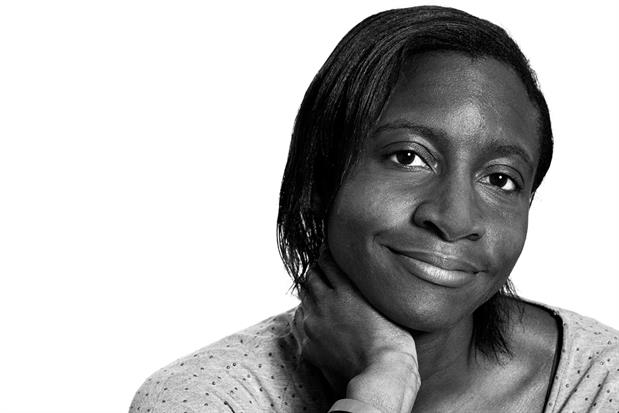
I recently bumped into one of my old neighbours, a Russian man who used to live on our street. He and his wife were able to live in the UK with their family because they were both employees at large, global businesses but, once the pandemic struck, like many others they had returned to their home country.
While he was, first and foremost, sickened by the barbaric and senseless invasion of Ukraine and the suffering it was causing there, like many other Russians he was worried about what the future held for him and his family as the country became ever more isolated. He comes back for the occasional business trip – he was on one when I met him – but how long these will be able to happen is anyone’s guess.
For him, one of the scariest aspects of the way life in Russia was changing was the crackdown on independent news and the block on social media sites, and his concern about being able to access accurate information stayed with me after we’d bade farewell.
All the hot-button debates we have in the UK over “BBC bias”, cancel culture or the client journalism of “the MSM” feel less urgent when, in a chillingly Orwellian development, you hear that Russians using the words “war” or “invasion” to describe what’s taking place in Ukraine face up to 15 years in jail.
I’m in awe of Marina Ovsyannikova, the brave editor who interrupted a live broadcast on Russian state TV to protest against the war and “Kremlin propaganda”. The old adage that the first casualty of war is truth feels uncomfortably pertinent.
While Western media outlets are by no means perfect, the coverage of the invasion – be it frontline reporting from embedded reporters or heartbreaking stories of those fleeing for their lives in the growing refugee crisis – has kept audiences highly informed about a fast-moving situation.
But quality journalism doesn’t come cheap, so it’s alarming to hear that some companies are pulling their advertising from news coverage due to brand-safety concerns. While it’s understandable that no advertiser would want to be beside distressing content, any brand that touts itself as purposeful has to understand the link between their adspend and the functioning of a free press.
Instead of blanket bans, media agencies, advertisers and publishers have to come together to find creative ways to ensure that no-one is punished for providing this vital coverage. Not doing so would be unethical and a contradictory move for any company purporting to take matters of ESG seriously.
As the iron curtain falls once more, there are also tough decisions for brands operating in Russia. The list of those curtailing their presence in the country in some way grows longer by the day.
Yale School of Management is keeping count and, as of 15 March, it stood at 380 companies. Starbucks, Coca-Cola and McDonald’s are among those that have paused their operations. The US fast-food chain’s suspension is especially poignant given that footage of crowds waiting to get into the country’s first McDonald’s when it opened its doors in 1990 was a striking visual signal of the end of the Soviet era.
While they are taking action, such as cutting adspend and promotional activity, the likes of PepsiCo and Unilever are staying to provide what they term essentials, such as food and hygiene products.
They argue that they don’t want to penalise ordinary Russian people but how long this can hold is by no means certain if the atrocities in Ukraine continue.
Whenever this conflict ends – and, hopefully, diplomacy will soon win out – three decades of globalisation have been swept away in weeks, and brands will need to adapt to a much-changed environment.
Gemma Charles is the deputy editor of Campaign

 ShanonG
ShanonG 








_1.jpg)
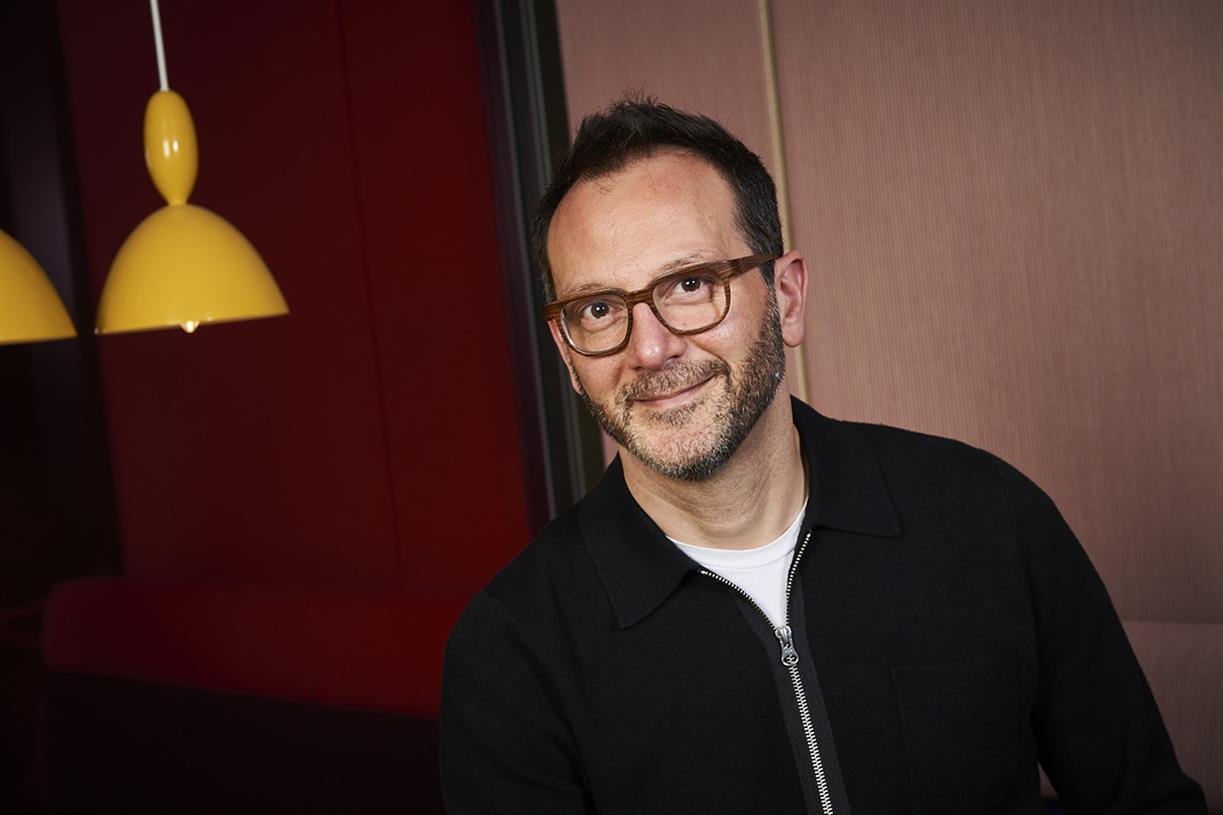
![5 Best Answers to "Why Do You Want to Work Here?" [+ Why They Work]](https://blog.hubspot.com/hubfs/why-work-here-fi%20%281%29.jpg#keepProtocol)

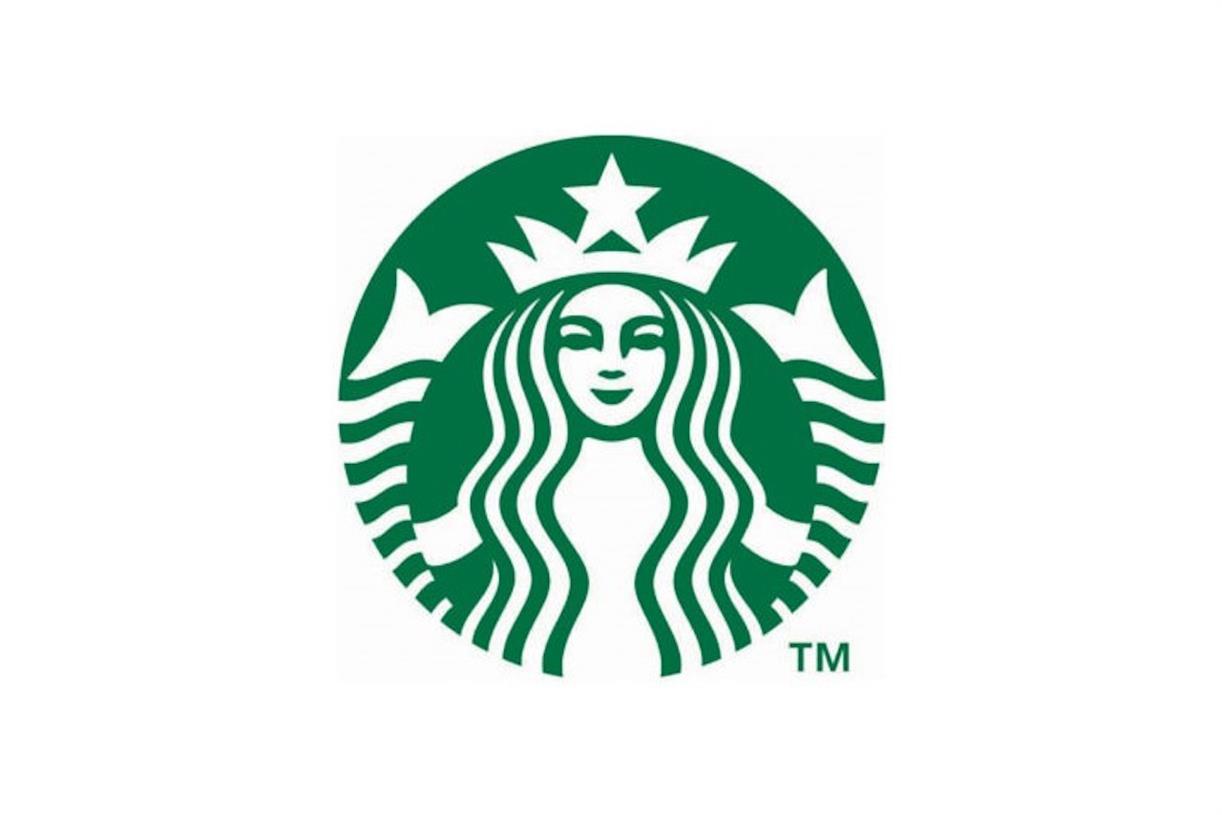






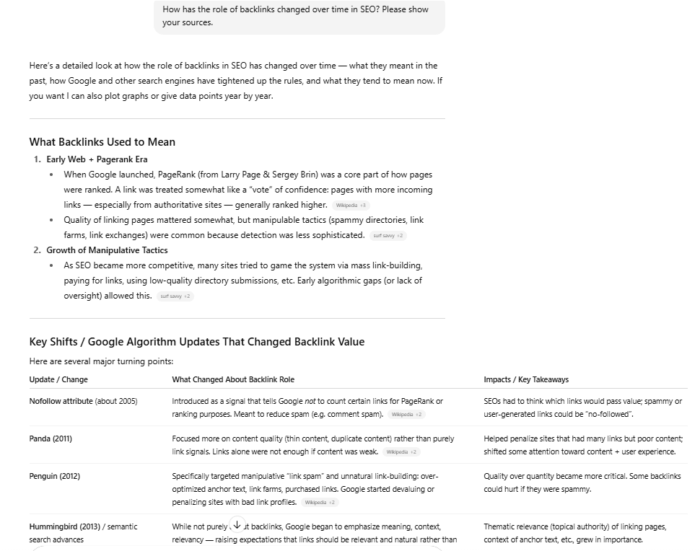



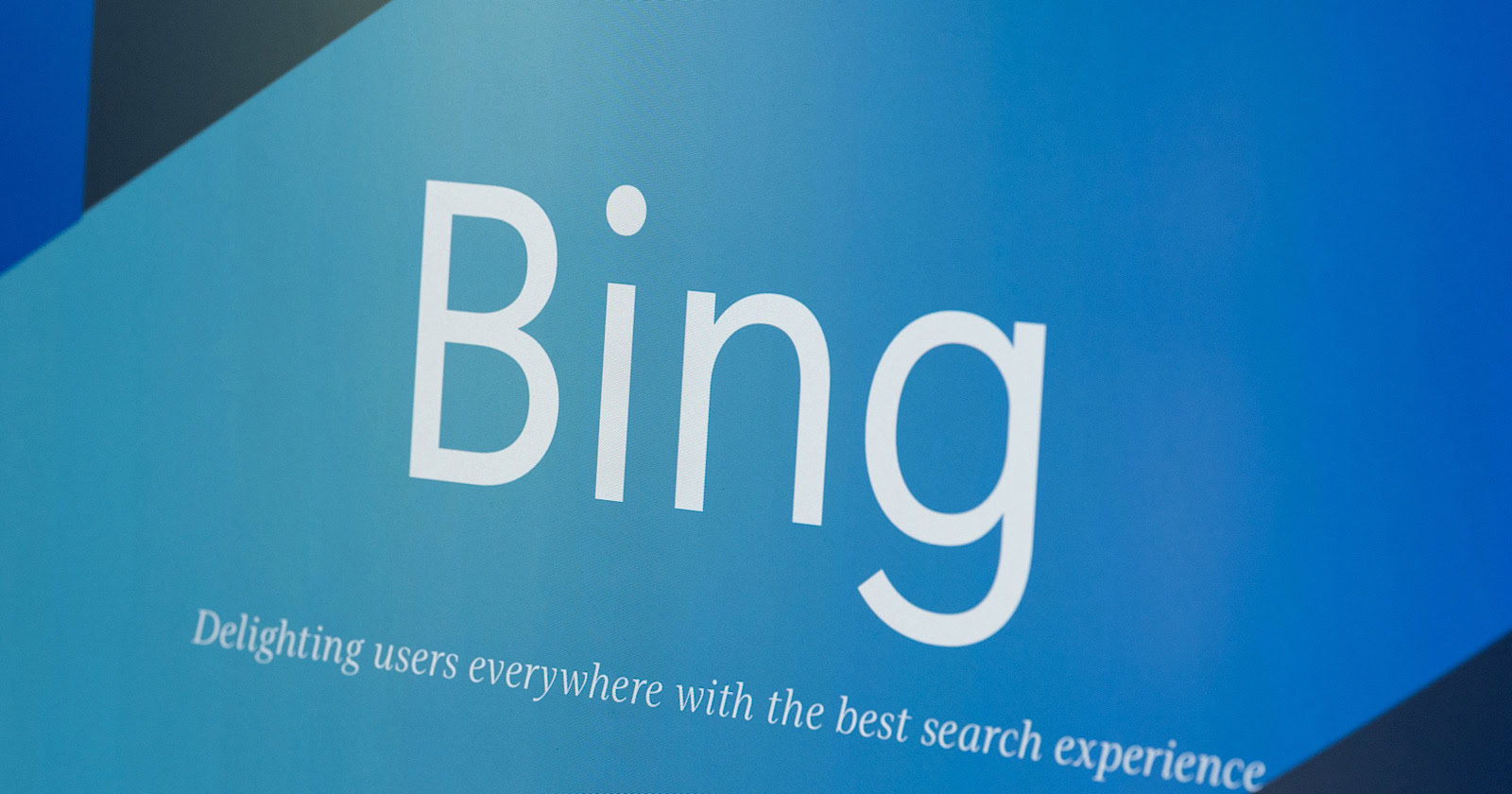


.jpg&h=630&w=1200&q=100&v=6e07dc5773&c=1)





